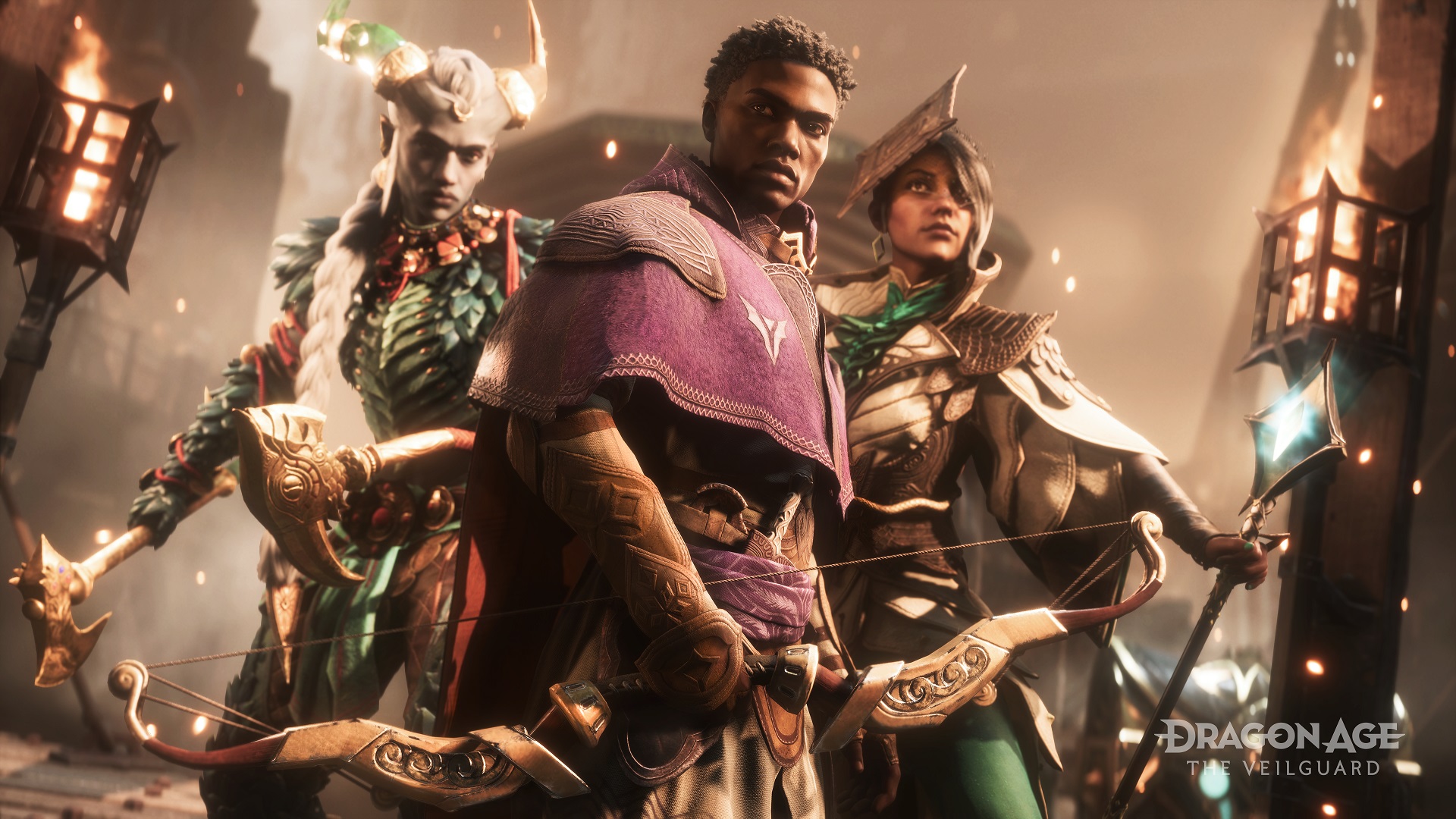- Published on
Dragon Age: The Veilguard's Baldur's Gate 3-style romance has 'limits,' says series' former lead writer, but 'if they unapologetically lean into it as BG3 did it should be fine'
Dragon Age: The Veilguard will allow all companions to be romanced by the player regardless of gender, but former lead writer David Gaider expresses concerns that this may limit character development and story potential.

Dragon Age: The Veilguard is taking the Baldur's Gate 3 approach to romanceable companions: you can fall in love with (smooch) them all, regardless of the player character's gender. A former Dragon Age lead has now chimed in on the decision, explaining that while it's "unsurprising," romance arcs can fundamentally change characters.
Since Dragon Age: The Veilguard's big reveal, developer BioWare has confirmed that all seven companions will be both romanceable and pansexual in that they can be wooed by the player no matter your gender. This isn't a huge left-turn for the series since every Dragon Age 2 romance option was also pansexual, though not every companion was necessarily romanceable. "Romance is absolutely a Dragon Age thing," after all, as creative director John Epler says.
Now, former Dragon Age lead writer David Gaider has taken to social media to explain that the fandom "is pretty split" between those who "just want whoever they want, and not getting to romance them is tantamount to a slap in the face," and those who enjoy characters with "more agency."
Hmm. I guess the move in DATV to "all companions are romanceable by everyone" isn't a huge surprise, considering BG3, but - unsurprisingly - I have a few thoughts: 1/🧵 https://t.co/drh2lQAe57[June 14, 2024](https://twitter.com/davidgaider/status/1801421129502118278)
"Nothing wrong with either desire, honestly," Gaider adds. "It all depends on what you want out of your game. We're not all here for the same reasons, OK? The only unfortunate aspect, in my experience, is that these two approaches are more or less diametrically opposed, from a design standpoint. The [Dragon Age] writers realized, eventually, that as soon as you make a character romanceable it limits the type of character they can be and the types of stories they can tell. They become beholden to their romance arc and their need to, ultimately, be appealing."
Gaider continues to argue that having characters be "defined by being appealing to the player" limits the "potential stories to a fairly limited band." That's also supposedly why the Dragon Age: Inquisition team chose to keep Varric, who also returns in Veilguard, as non-romanceable. "We did it so as not to 'destroy Varric's character.'"
Regardless, Dragon Age fans have been unquenchably thirsty for Veilguard's new companions. I'm as eager to throw myself onto old man necromancer Emmrich as the next guy, but I do prefer when these characters push back on me a little. Dragon Age Inquisition's Dorian, a gay man, wasn't interested in romancing my elf archer lady, but that didn't stop him from entertaining and enjoying my flirty jabs anyway. I felt like a proper hag - not the fantasy kind - and it's an example of the type of relationship that isn't really possible when every companion is down to bone.
"If they unapologetically lean into it as BG3 did it should be fine. It's a legit approach, like I said, and many many fans will be gleeful and happy for it," Gaider concludes. We'll see which way it swings when Dragon Age: The Veilguard comes to PC, Xbox Series X|S, and PS5 later this year.